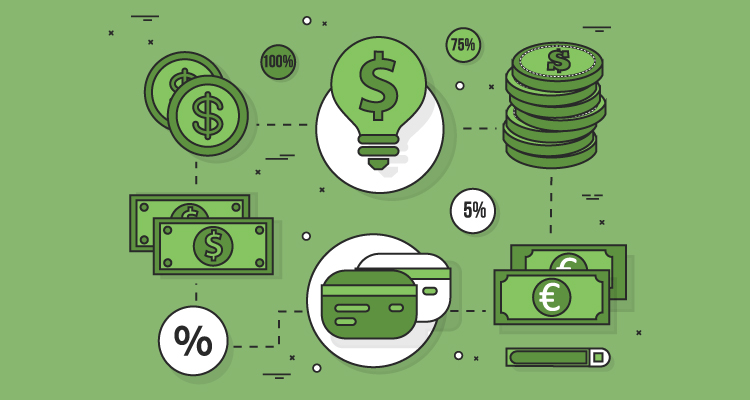On September 21st, a new law went into effect that makes credit freezes free for all Americans. The new law came in response to an egregious data leak at credit scoring agency Equifax where the credit report details of 134 million Americans were stolen by hackers.
Now that you can lock and unlock your credit report for no charge (it used to cost around $10), should you keep your credit frozen all the time? Let’s take a look at some pros and cons to consider.
Benefits and hassles of an always-on credit freeze
Now that all of our personal credit information including names, addresses, phone numbers, and social security numbers are public information, is the right thing to do a credit freeze? It may be, but it doesn’t always make sense.
With a credit freeze in place, lenders will not open a new credit account in your name. This is good because it prevents identity thieves from opening up credit cards or other loans using your personal information. On the flip side, it prevents you from opening up a new credit account without unlocking your credit.
If you are a particularly high risk, you should always keep your credit locked if you don’t plan on any new credit applications in the near future. High-risk individuals include people with recent identity theft or specific knowledge that your information has leaked and is likely to be used in the very near future.
The biggest risk in the event of undetected identity theft is someone opening credit accounts in your name, racking up big balances, harming your credit, and leaving you with the bill. But under US law, you should not be liable for fraudulent charges or activity. Cleaning it up after the fact, however, is easier said than done. That is the biggest reason to keep your credit reports frozen.
Why you may want to wait before locking your credit
If you’ve never had any identity theft issues in the past, there is no reason to expect that a bad guy will use your information to open a new credit account tomorrow. If you have great credit and occasionally apply for new credit cards or loans, a credit freeze adds an extra step and hassle before every application. While it isn’t a huge deal, it is a few minutes of work to call and unlock your credit at all three major credit bureaus.
With credit monitoring alerts in place, you can act fast to freeze your credit as soon as you do detect an issue, if ever. With alerts in place, keeping your credit locked all the time may be an unnecessary step. You should always stay alert and aware of your credit, but the odds of you becoming an identity theft victim on any particular day is pretty low.
If you have never had identity theft and use good data information safety practices, you are probably just fine leaving your credit unfrozen and keeping that defense in your back pocket in case an identity theft ever does come to be.
Find the right balance between convenience and security
In either case, you should set up a free credit monitoring alert from one of a handful of companies that offer the service. Credit Karma and LastPass are two great options for free credit monitoring.
At the end of the day, personal finance is personal and it is a personal decision on whether or not you should keep your credit frozen always or not. My wife, a past identity theft victim, had her credit frozen anyway so she just saves a few dollars when applying for something new. But your situation is unique and you should follow your best judgment when deciding whether or not to freeze your credit.
Whatever you do, don’t ignore it. Your credit report is like your old high school transcript and your credit score is like your borrowing GPA. If you follow the right habits to build a great credit score and monitor for anything unauthorized, you should be in great shape for years to come.
















